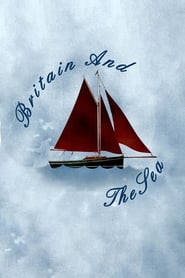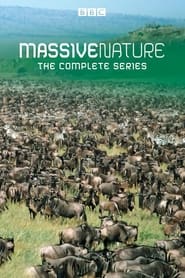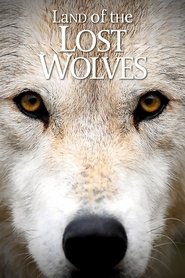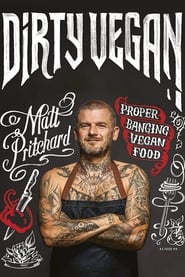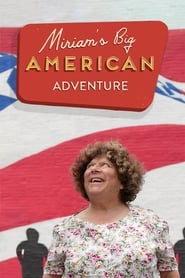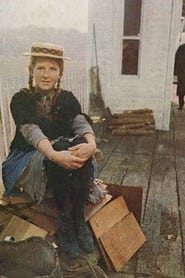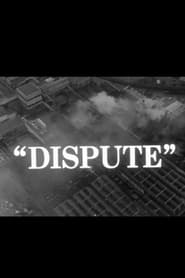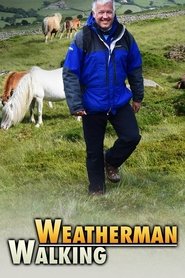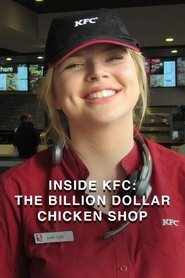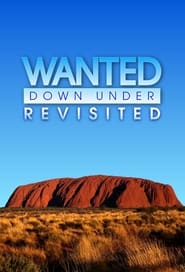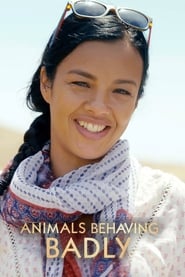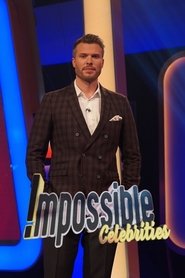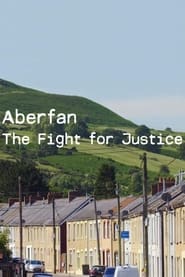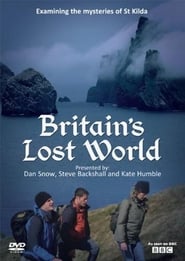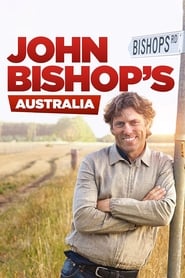Bbc One TV Series - Page 93
-
Britain and the Sea
2013
Britain and the Sea
2013
David Dimbleby takes to his wooden sailing boat to explore Britain's rich maritime heritage. -
Johnny Jarvis
1983
star 5Johnny Jarvis and Alan Lipton are two teenagers in their final year of secondary school at a comprehensive in Hackney in 1977. Energetic, anxious and occasionally naïve, the unlikely pair are on the brink of entering the adult world of the late '70s and early '80s when prospects are slim. -
Massive Nature
2004
Massive Nature
2004
An epic run of nature documentaries charting the behaviour of large groups of animals and their predators. -
Land of the Lost Wolves
2012
star 7.5Two-part natural history series following the fortunes of one very special pack of wolves as they return to North America's West Coast. -
Dirty Vegan
2019
star 8.7Former Dirty Sanchez frontman turned endurance athlete and vegan Matthew Pritchard goes on a mission to make Wales healthier. -
Miriam’s Big American Adventure
2018
Miriam Margolyes embarks on an epic road trip through the heartlands of middle America with her unique mix of charm, cheek and curiosity. Miriam is travelling almost a thousand miles from Chicago to New Orleans, and along the way she meets the people whose voices and votes are reshaping the nation. -
Anne of Green Gables
1972
Anne of Green Gables
1972
Anne of Green Gables is a made-for-television British mini-series directed by Joan Craft based upon the novel, Anne of Green Gables by Lucy Maud Montgomery. -
Dispute
1967
Dispute
1967
This BBC documentary film shows, for the first time anywhere, the actual events of both sides of a genuine industrial conflict. The dispute is shown exactly as it happened; there was no preparation or rehearsal. -
Weatherman Walking
2007
Weatherman Walking
2007
Weatherman Derek Brockway laces up his boots and heads outdoors for a seasonal tour of Wales's best walks -
The Billion Dollar Chicken Shop
2015
star 8The Billion Dollar Chicken Shop (also known as Inside KFC) is a 2015 British English three-part documentary television miniseries that premiered on BBC One. The series goes behind the scenes of the fast food restaurant chain KFC. -
Wanted Down Under Revisited
2021
An updated look at families previously featured on Wanted Down Under. Where are they now? Did their Antipodean dreams come true? Presented by Nicki Chapman -
Animals Behaving Badly
2018
Liz Bonnin meets the animals using outlandish means to find a mate and raise a family, and reveals the fascinating science that lies behind these animal antics. -
Impossible Celebrities
2018
star 6A Saturday evening, celebrity version of the quiz show in which contestants must avoid giving the impossible answer. Hosted by Rick Edwards. -
The Lakes With Paul Rose
2018
A four-part series about the Lake District. Paul Rose explores some of England's highest mountains and meets some of the folk who live and work in the UK's most-visited National Park. -
Aberfan: The Fight For Justice
2016
Huw Edwards traces the story of Aberfan's decades-long battle for justice, looking at whether the incident was a terrible accident or a preventable man-made disaster. -
Britain's Lost World
2008
Britain's Lost World
2008
-
Live from Aberystwyth Pier
2021
Kiri Pritchard-McLean hosts four stand-up shows. Filmed at Aberystwyth Comedy Festival, it includes both emerging talent and established comedians. -
Guesstimation
2009
Guesstimation
2009
Guesstimation is a BBC National Lottery game show that was broadcast on BBC One from 11 July 2009 to 29 August 2009. The programme was hosted by Nick Knowles and was based on the Dutch show Wat Schat je?. -
Legacy of Murder
1982
Legacy of Murder
1982
Legacy of Murder is a British comedy television series which originally aired on BBC in six half-hour episodes between 16 February and 23 March 1982. A struggling London private detective and his assistant are hired by a lawyer to locate six people concerned with the inheritance of an eccentric aristocrat. It is also known as Emery Presents: Legacy of Murder. As he did on The Dick Emery Show, Emery portrayed several different characters. -
John Bishop's Australia
2014
Series following comedian John Bishop as he embarks on an Australian adventure, cycling from Sydney to Cairns. Along the way he meets extraordinary people and experiences some true natural wonders.
